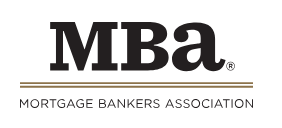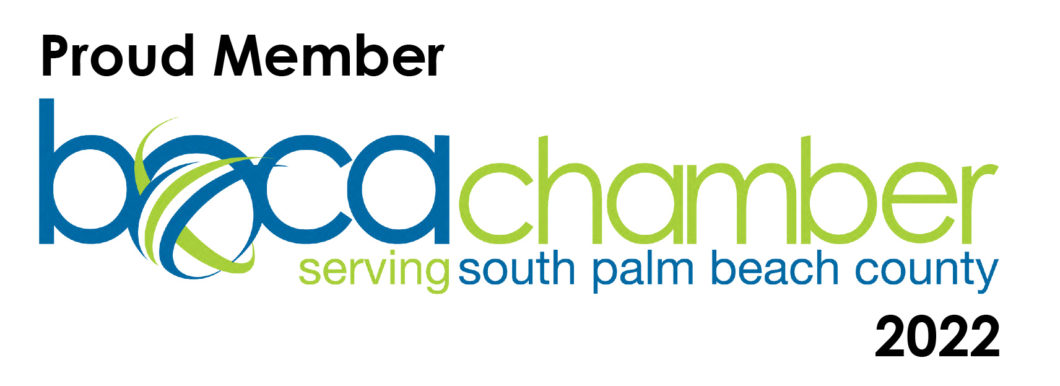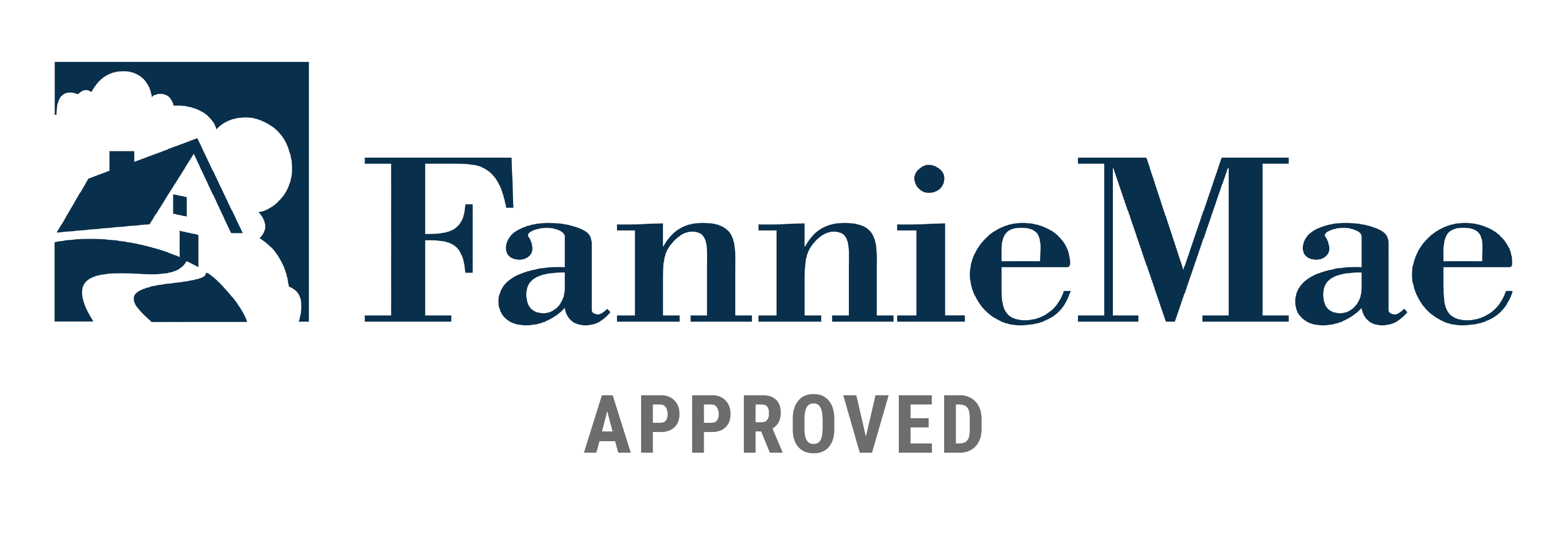In any governed community association, bylaws create the structure that keeps everyone together. Understanding how to make your community bylaws work optimally is critical to their success.
If your homeowners association (HOA) or condominium association has been active for many years, you may wonder if it’s time to revise the bylaws. In these instances, it’s best to identify if certain triggers exist that warrant an update. As a law group that assists Florida community associations in revising bylaws, we often see clients who wonder the same thing.
Many times, the red flags are the same. Member complaints around specific topics can spark a desire to change. Similarly, rules created in the bylaws may no longer serve the needs of a community as it grows. Some common concerns associations face include:
- Landscaping issues including lawn maintenance
- Community member adherence to rules and enforcement of bylaws
- Unaddressed complaints
- Parking concerns
- Association meeting attendance issues or lack of meetings held
- Association board member placements
If your community is plagued by any of these concerns, you’re not alone. Many associations must update their bylaws to accommodate member concerns at some point. Luckily, Lubliner Law community association attorneys in Florida are here to help.
What items are covered in community association bylaws?
Bylaws are one of several basic governing documents that any HOA or condominium association must have in order to legally operate. These bylaws dictate the way that the association is managed, the rules that members must follow, and the respective consequences for failing to follow those rules.
Bylaws detail the general information about the association.
In the bylaws, community members will find details including the name of the association, an internal dictionary of terms that are used by the association, and what legal recourse the association has in the case of legal conflict.
Information about meetings is detailed in the bylaws.
Regular meetings help to ensure that any community concerns are raised and dealt with regularly. Bylaws help to hold the association accountable to meeting at certain times and places. Members can also find information about voting and serving on the board of directors here.
Bylaws detail the powers, duties, and removal process of the Board of Directors and Officers.
These details often vary by association. Bylaws tell community members more about what the Board of Directors and association Officers do, how they contribute to the association, what power they have to make rules and enforce rules, and the duties they must uphold. In the bylaws, members can also find information on how Board of Directors members and Officers can be removed from their position.
Bylaws provide insights to association record-keeping.
Transparency and availability of books and records is vital to any community association. In the bylaws, members can find information on how records are kept, where they can be accessed, and what rights they have to the data that is kept.
When Should You Change Your Community Association’s Bylaws?
Armed with a better understanding of how bylaws work, you can now determine if it’s appropriate to revise them. This process can be challenging for anyone. Before considering revising your community bylaws, you may wish to consult with an experienced attorney who can help.
Some questions you can ask internally with your Board of Directors include:
Will this update to the bylaw improve the marketability and real estate appreciation of our community as a whole?
Is the community facing consistent complaints around certain issues such as pet waste, loud music, landscaping, or other concerns?
Is this an issue of enforcement? Could an amplified enforcement policy help us to cut down on complaints related to this specific topic?
Similarly, is the suggested edit to the bylaw enforceable?
Will an amendment to the bylaw suffice the concerns, or is a full revision of the bylaws’ content required?
Is the bylaw in question offensive, abusive, or discriminatory in any way? Is it accused of being so?
Is the community experiencing a lack of participation or complaints in leadership roles?
Does current documentation lack requirements or other provisions that are pertinent to the community as it stands?
Does the community need to address specific issues that have arisen due to growth and expansion, new tenants, or other modern issues?
Questions like these can spark a dialogue to determine what, if anything, is reasonable to change about your bylaws.
How Can You Change Your Community Bylaws?
Once you have determined what should change in your bylaws, seek expert guidance to bring your changes into effect. At Lubliner Law, we have years of experience working with community association laws and can ensure that your bylaw revisions meet all legal criteria.
A professional community association attorney will walk you through the process. When a change to the bylaws is initiated, community association members have the opportunity to voice their opinions on the recommended changes. A consensus should be reached that the changes are an appropriate action to ensure the success of the community. Typically, a two-thirds vote in favor of the changes is needed for a revision to pass.
Once revisions are voted upon and approved, it’s up to your community association to enforce them. Remember that as communities grow and change, revisions and amendments to the bylaws may be necessary. At Lubliner-Law, we’re prepared to help manage change by providing additional services to our association clients. Our attorneys can help by advising on day-to-day operations of your community, assisting the Board of Directors on financial matters, ensuring compliance with state and federal laws, and more.
Call us today at 561-207-2018 to learn more about how we can help!






